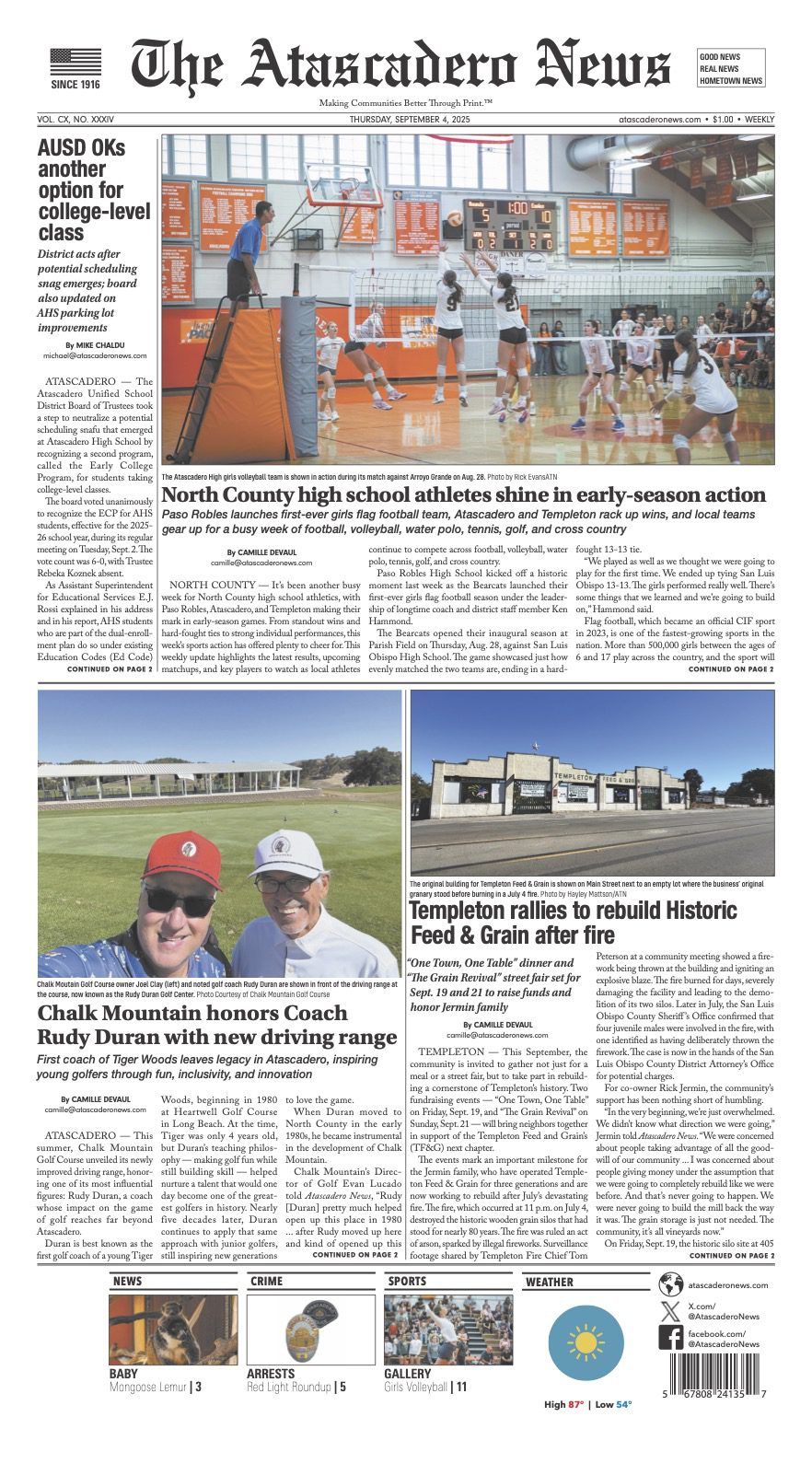SACRAMENTO — As COVID-19 cases continue to increase across the country, California Governor Gavin Newsom, Oregon Governor Kate Brown and Washington Governor Jay Inslee issued travel advisories today urging visitors entering their states or returning home from travel outside these states to self-quarantine to slow the spread of the virus. The travel advisories urge against non-essential out-of-state travel, ask people to self-quarantine for 14 days after arriving from another state or country and encourage residents to stay local.
“California just surpassed a sobering threshold – one million COVID-19 cases – with no signs of the virus slowing down,” said California Governor Gavin Newsom. “Increased cases are adding pressure on our hospital systems and threatening the lives of seniors, essential workers and vulnerable Californians. Travel increases the risk of spreading COVID-19, and we must all collectively increase our efforts at this time to keep the virus at bay and save lives.”
In addition to urging individuals arriving from other states or countries to self-quarantine for 14 days after arrival, the states’ travel advisories recommend individuals limit their interactions to their immediate household. The advisories define essential travel as travel for work and study, critical infrastructure support, economic services and supply chains, health, immediate medical care and safety and security.
“COVID-19 does not stop at state lines. As hospitals across the West are stretched to capacity, we must take steps to ensure travelers are not bringing this disease home with them,” said Oregon Governor Kate Brown. “If you do not need to travel, you shouldn’t. This will be hard, especially with Thanksgiving around the corner. But the best way to keep your family safe is to stay close to home.”
“COVID cases have doubled in Washington over the past two weeks. This puts our state in as dangerous a position today as we were in March,” said Washington Governor Jay Inslee. “Limiting and reducing travel is one way to reduce the further spread of the disease. I am happy to partner with California and Oregon in this effort to help protect lives up and down the West Coast.”
To learn more about the risk that travel itself poses for COVID-19 exposure, please visit the CDC page on travel risks.
The incidence of COVID-19 is increasing in many states and countries. Persons arriving in California from other states or Californians returning from other states or countries could increase the risk of COVID-19 spread. In addition, travel itself can be a risk for exposure to COVID-19, particularly travel through shared conveyance such as air, bus or rail travel.
Travel Advisory for Non-Essential Travel
1. Persons arriving in California from other states or countries, including returning California residents, should practice self-quarantine for 14 days after arrival. These persons should limit their interactions to their immediate household. This recommendation does not apply to individuals who cross state or country borders for essential travel.
2. Californians are encouraged to stay home or in their region and avoid non-essential travel to other states or countries. Avoiding travel can reduce the risk of virus transmission and bringing the virus back to California.
“Non-essential travel” includes travel that is considered tourism or recreational in nature.
“Essential travel” includes: work and study, critical infrastructure support, economic services and supply chains, health, immediate medical care, and safety and security.















